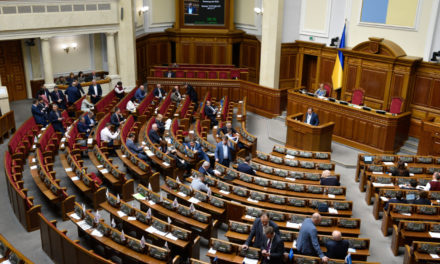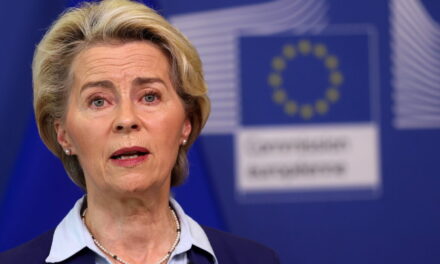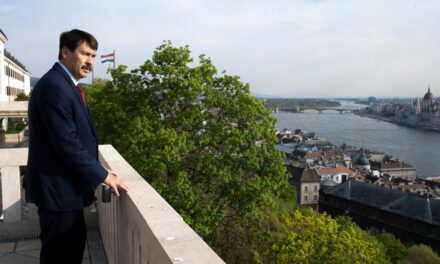Hungary will do everything possible to prevent the Croatians from abusing their monopoly position and drastically increasing the transit fees of the Adriatic oil pipeline. The Minister of Foreign Affairs and Trade also spoke about EU pressure, Qatari economic relations and the Russian-Ukrainian crisis in the Spirit FM program, read the Magyar Hírlap.
Croatia plans to increase the transit fee of the Adria oil pipeline by two and a half times from 2023 , which according to the Hungarian government is an abuse of their monopoly position, stated Péter Szijjártó in Spirit FM's Warriors Club program. In this regard, the Minister of Foreign Affairs and Trade said: the Hungarian government urges the intervention of the European Commission.
According to the head of the ministry, this is a European problem, which he will raise in the relevant EU forums, for example on Monday, when the ministers responsible for energy issues meet again in Brussels to discuss the details of the introduction of the gas price cap. The European Commission must force the Croatians to expand the capacity, and it must be rejected at the European level to significantly raise the transit fees in such a situation, abusing the war situation, he added.
Péter Szijjártó was in Qatar for negotiations, where he signed a political agreement with his Qatari counterpart, according to which intercompany negotiations can begin on the future purchase of Qatari natural gas between MVM and QatarEnergy.
Developments are taking place in Qatar, at the end of which the amount of liquefied natural gas exported by the country may increase significantly by 2025-2026, at roughly the same time, according to the plans, the reception capacity of Croatia will also increase greatly. If this happens, in a few years roughly 2 billion cubic meters of natural gas could arrive in Hungary from Qatar, explained the minister.
In response to the question of when Paks 2 can produce electricity, the foreign minister said: he still insists on the 2030 deadline. The partially underwater pipeline from Azerbaijan to Hungary via Georgia and Romania may bring green electricity to Hungary in about three years.
You can read the entire article in Magyar Hírlap
Photo: Facebook/Péter Szijjártó













